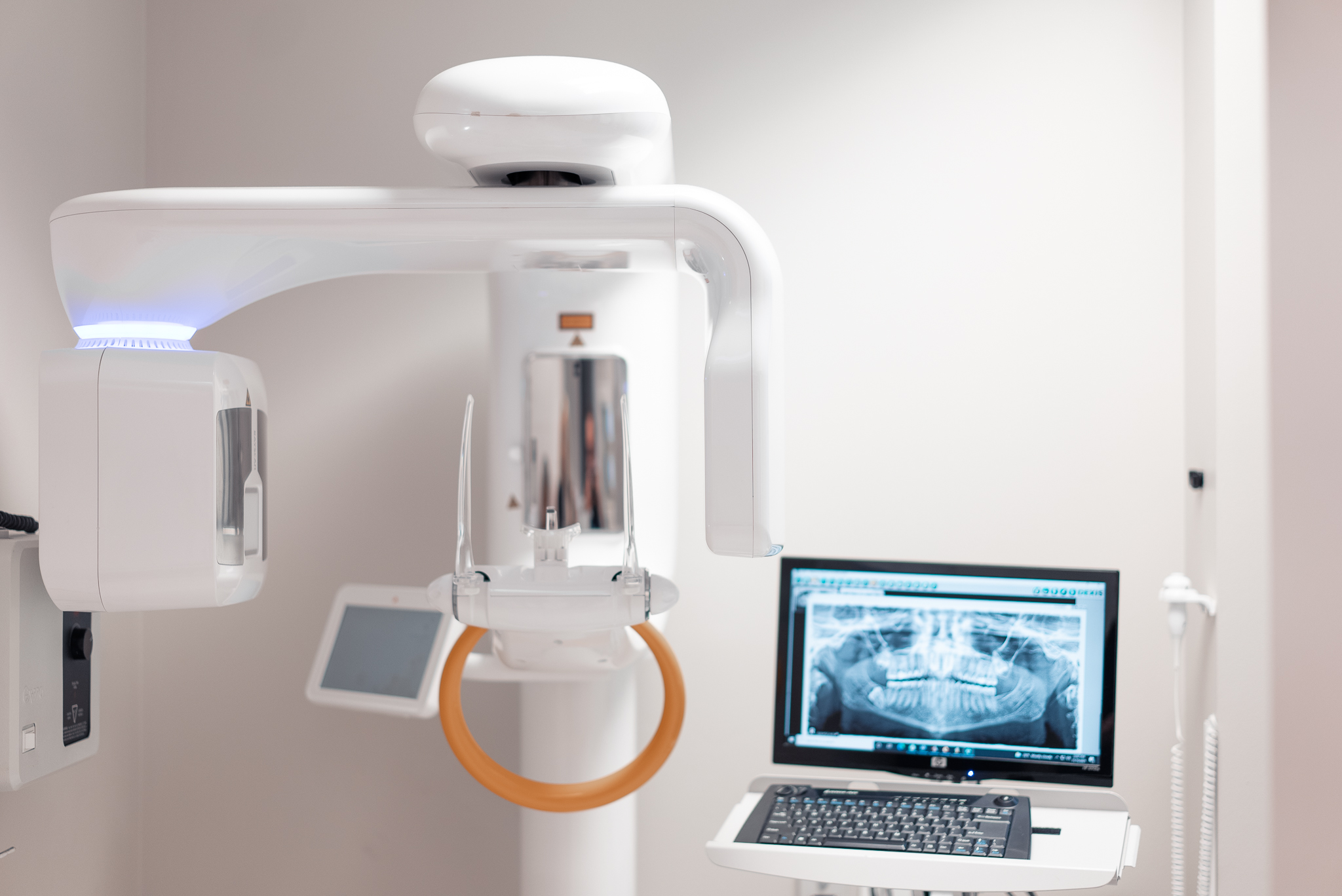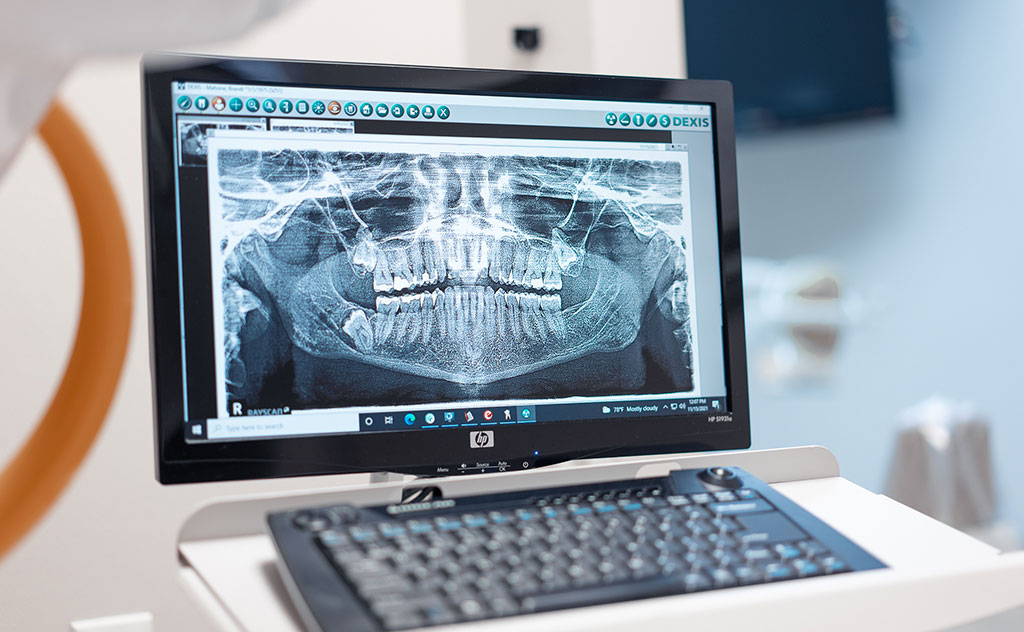
Why Do You Need a Dental X-Ray?
You’ve probably seen our team advertise a $119 new patient special that includes a regular dental cleaning, an exam, and an updated set of X-rays – but you may not understand why they come as a package deal. Every 6 months, dentists recommend a check-up. Sometimes, Dr. Ellison may recommend this more frequently if you have other oral issues or diseases that need treatment or monitoring. The reason we suggest dental X-rays – even for healthy or new patients – is to determine your overall dental health and to track your dental development or any concerning changes. If we notice any significant signs of decay between check-ups, or we are concerned about root damage or enamel decay, we can identify these issues early via x-rays and propose treatments. The longer we wait for treatment – the harder it may be to fix these dental issues. We also use dental X-rays to help prepare for procedures or treatments like:
- Implants
- Root Canals
- Bridges or Crowns
- Invisalign
- Tooth Extractions
- and More
Safety of Dental X-Rays

Dental X-rays emit low levels of radiation, significantly lower than other medical imaging procedures like CT scans or chest X-rays. The amount of radiation exposure from dental X-rays is considered very safe for patients of all ages, including children and pregnant women. Additionally, modern dental X-ray equipment and techniques have further minimized radiation exposure, making the procedure even safer.
Despite the low risk of radiation exposure, Dr. Ellison and our team take precautions to minimize unnecessary X-ray exposure. We carefully evaluate each patient’s dental health needs and only recommend X-rays when necessary for diagnosis or treatment planning. Additionally, lead aprons and thyroid collars may be used to shield sensitive areas of the body from radiation during X-ray procedures.
How Do They Compare?
The average American is exposed to about 3 mSv (millisieverts) of radiation from natural sources over the course of a year. Just step outside into the sunshine and you will get exposed to radiation. For those that can observe the Aurora Borealis – those beautiful lights are also just the evidence of radiation in the atmosphere. From cell phones to airplanes and other medical imaging – dental X-rays really are just a blip on the radiation screen. Here is how they compare:
- A single chest x-ray exposes the patient to about 0.1 mSv. This is about the same amount of radiation people are exposed to naturally over the course of about 10 days.
- A 10-hour airline flight increases cosmic ray exposure by about 0.03 mSv. The radiation exposure from a dental X-ray is comparable to the amount of radiation received during a one-hour flight in a commercial airplane, where passengers are exposed to cosmic rays at higher altitudes.
- A day at the beach exposes individuals to natural background radiation, which can range from 0.01 to 0.05 mSv, depending on factors like location and altitude. This is similar to the radiation dose from several dental X-rays.
- A CT scan of the abdomen exposes patients to approximately 10 mSv of radiation. This is equivalent to the natural background radiation received over several years in some areas.
- Sleeping next to someone for eight hours results in a radiation dose of about 0.01 mSv.
- Eating a banana exposes individuals to about 0.0001 mSv of radiation due to the presence of naturally occurring radioactive potassium-40.
Don’t Fear the X-Ray
With ongoing advancements in X-ray technology and safety protocols, dental X-rays continue to play a vital role in maintaining oral health and improving patient outcomes. The benefits of dental X-rays far outweigh the risks, as they provide valuable information that helps dentists detect dental issues early and plan appropriate treatments. By detecting problems like cavities, gum disease, impacted teeth, and oral cancers in their early stages, dental X-rays can help prevent more extensive dental problems and preserve oral health. If you still have concerns about our dental imaging technology, or you need to schedule your next dental check-up, our team would be happy to help! Schedule your appointment with Dr. Ellison today.